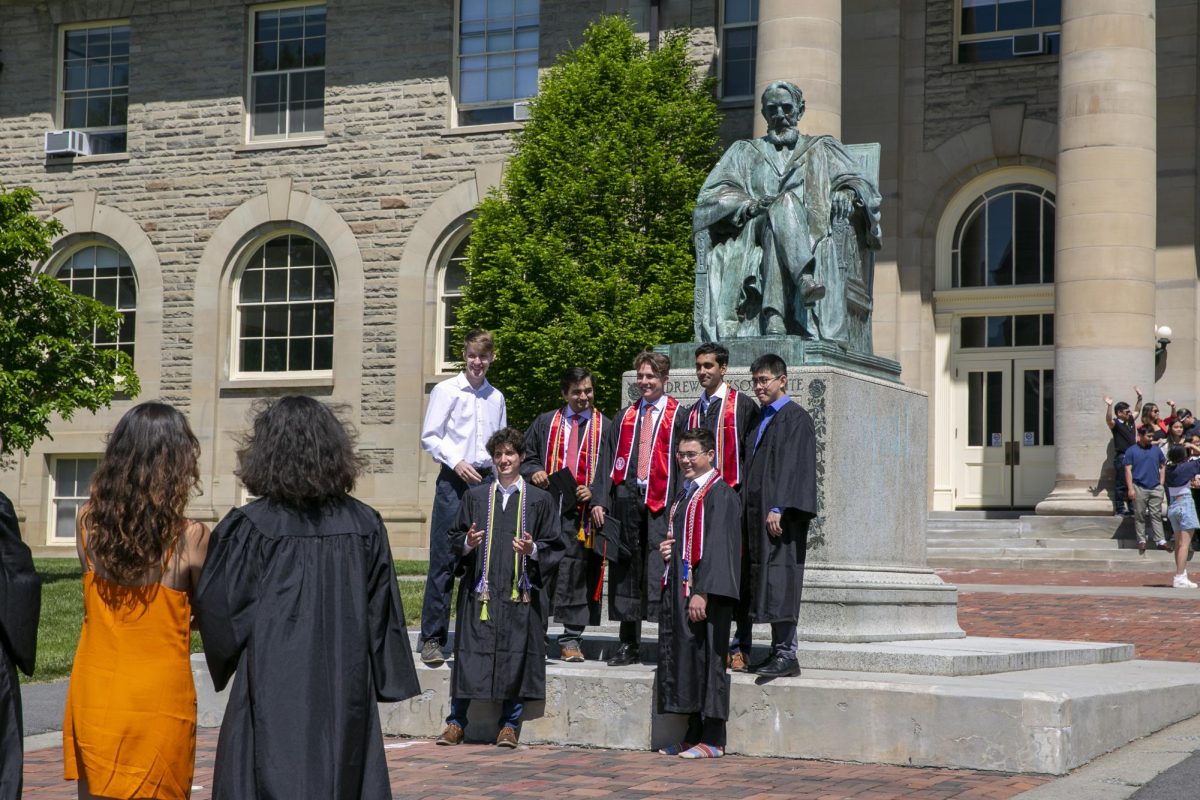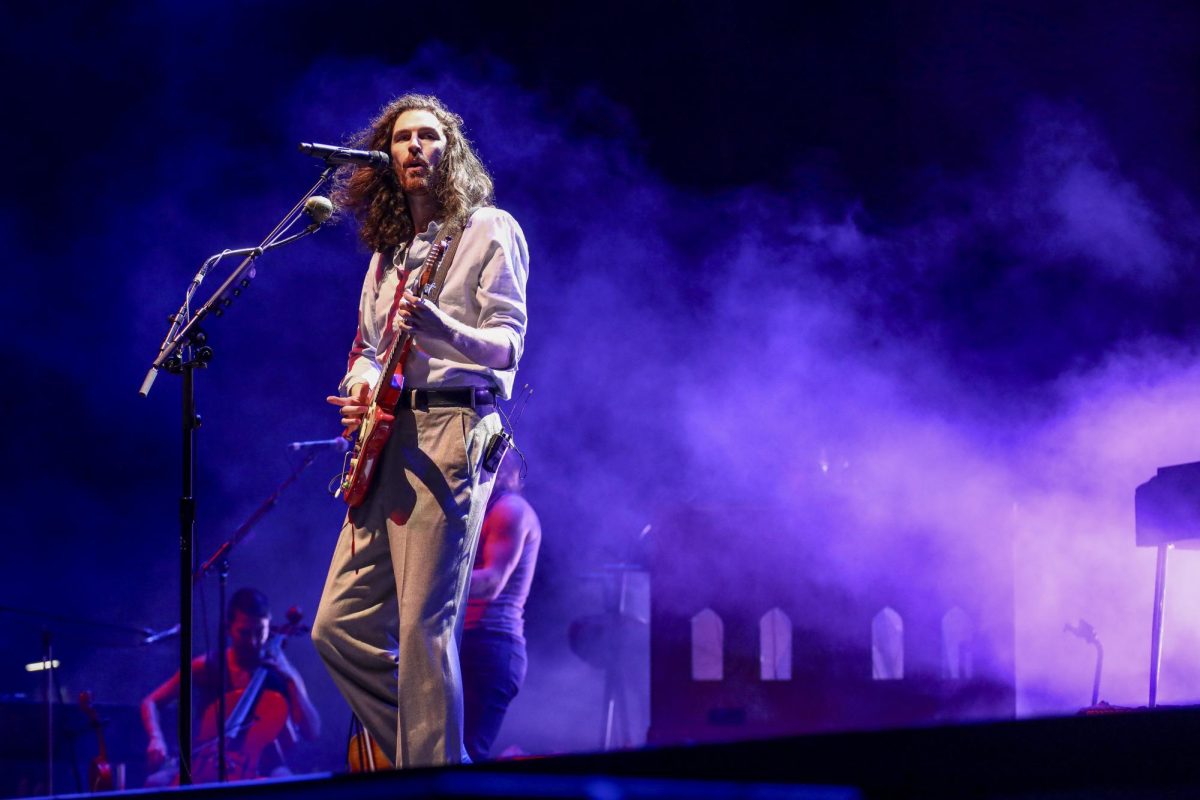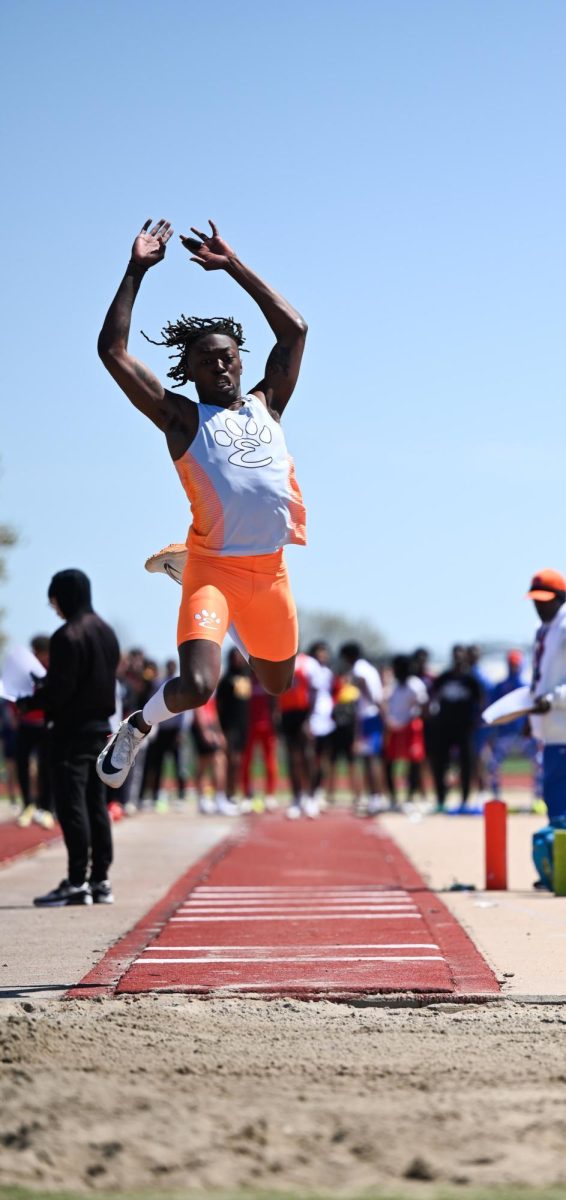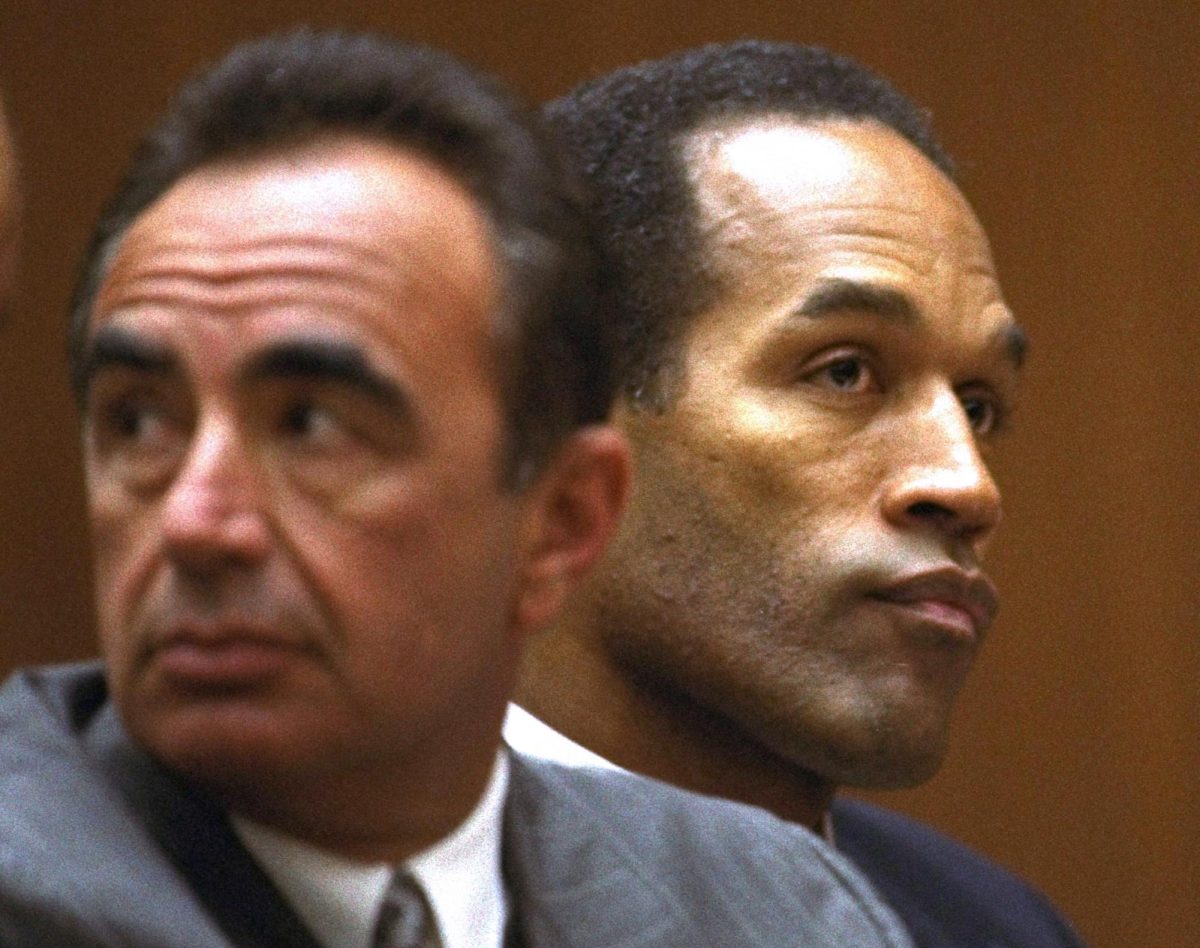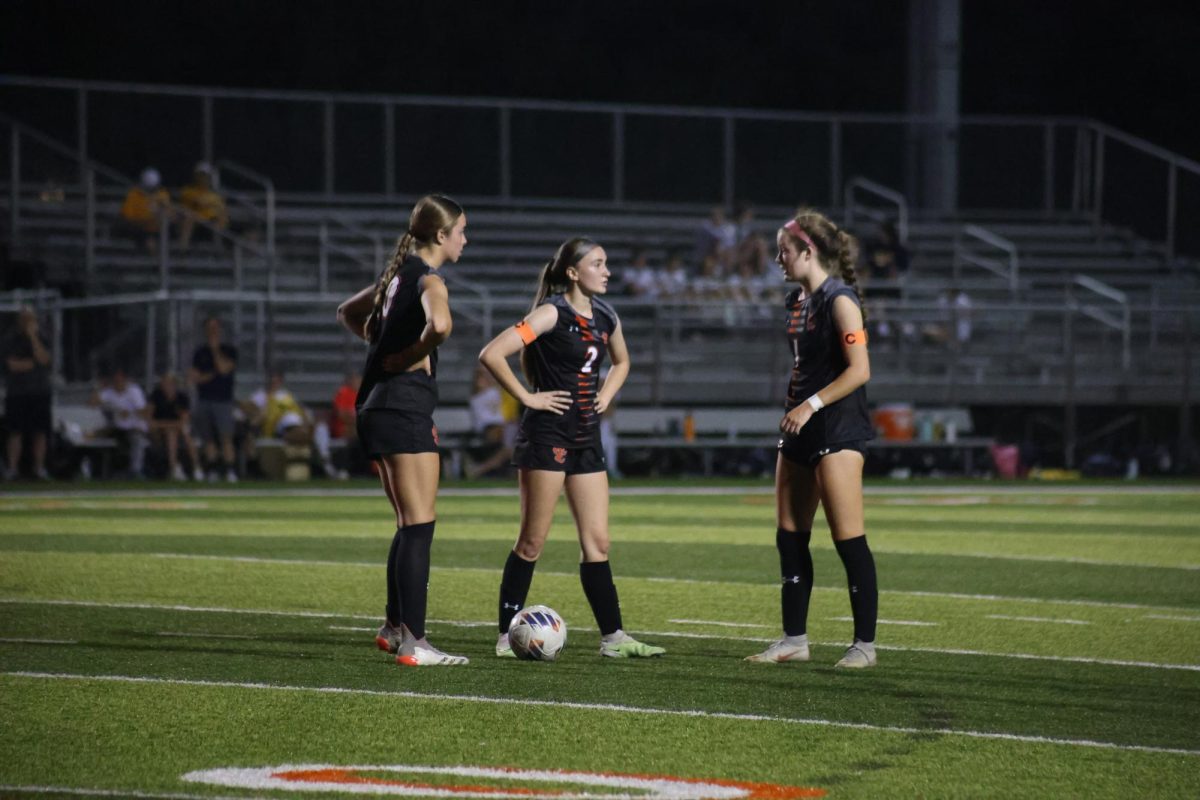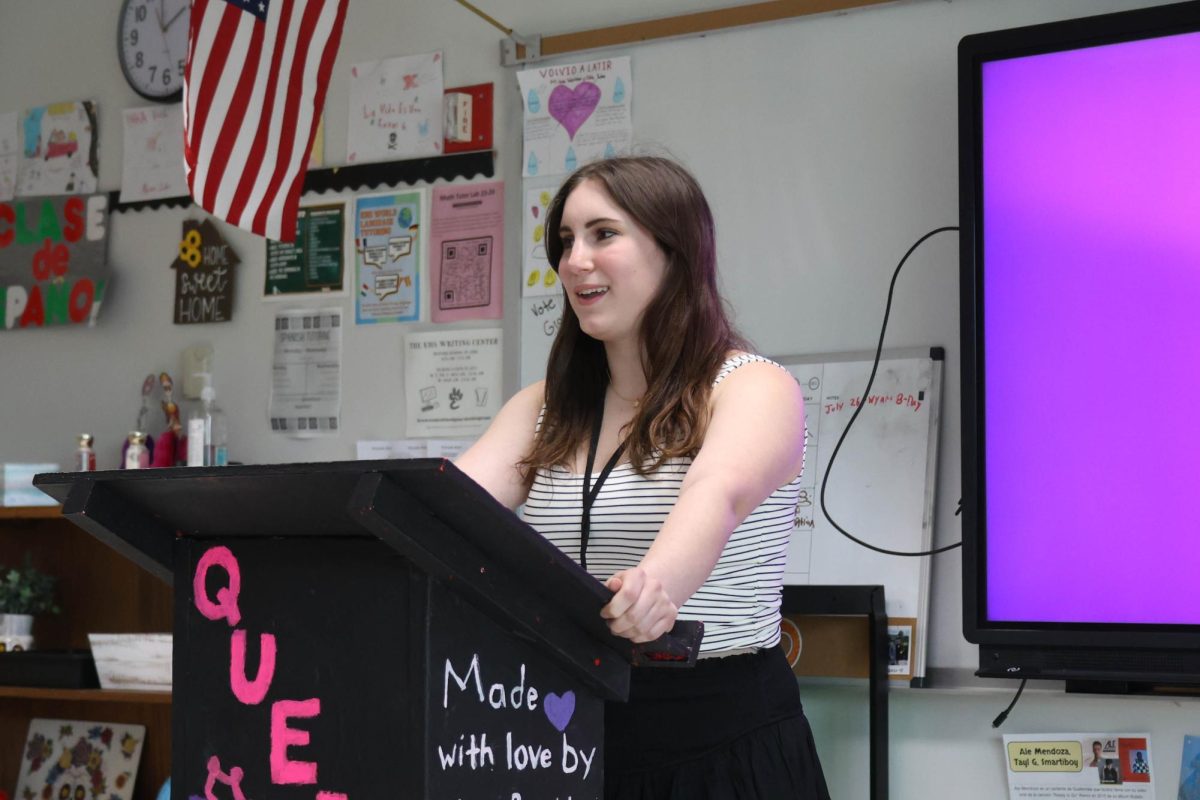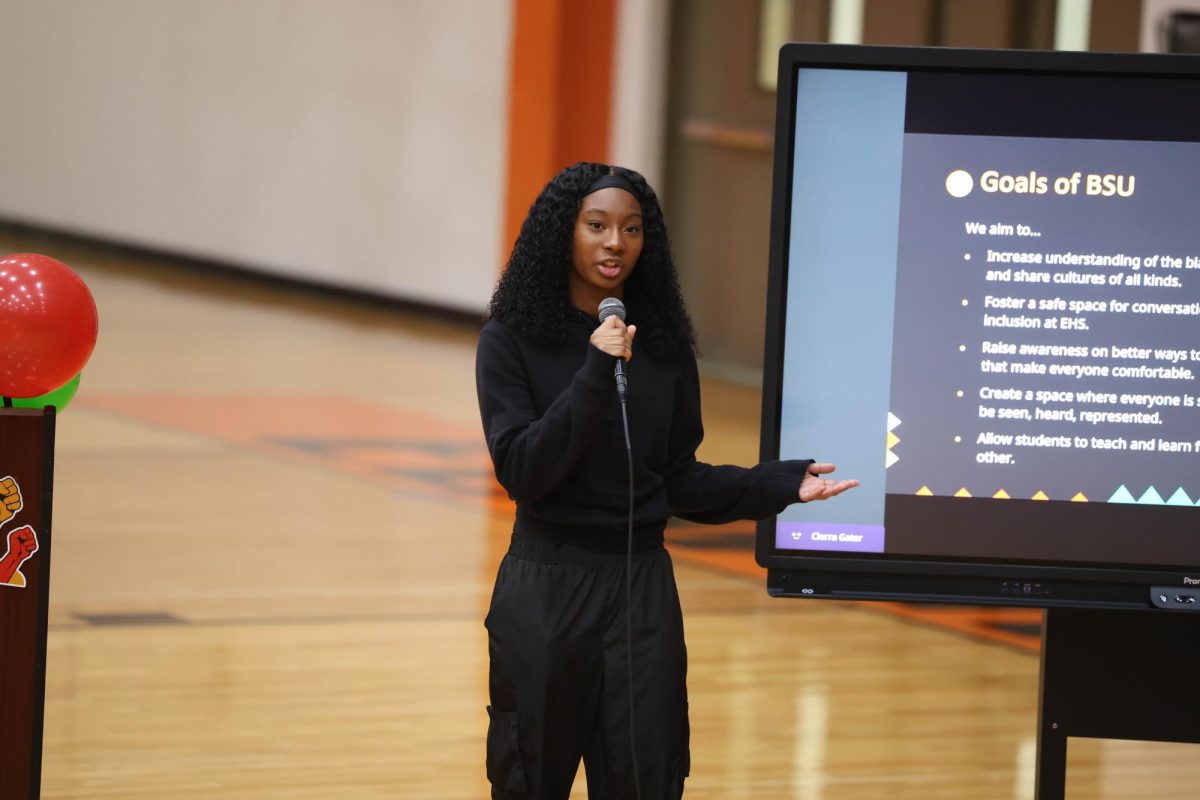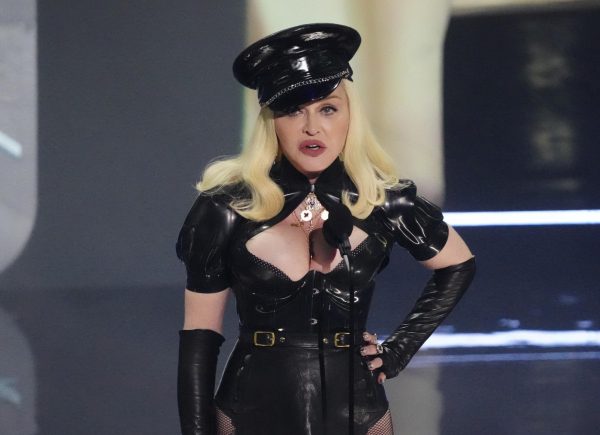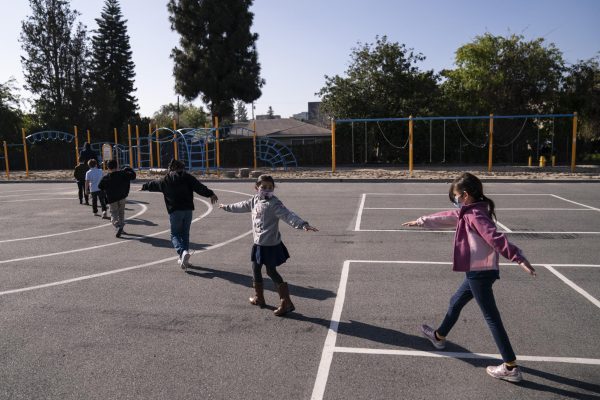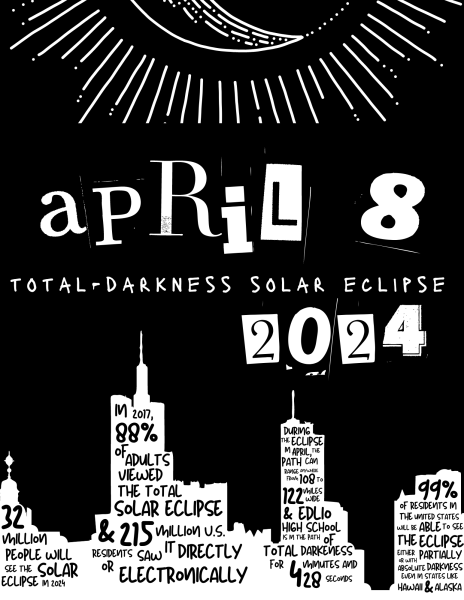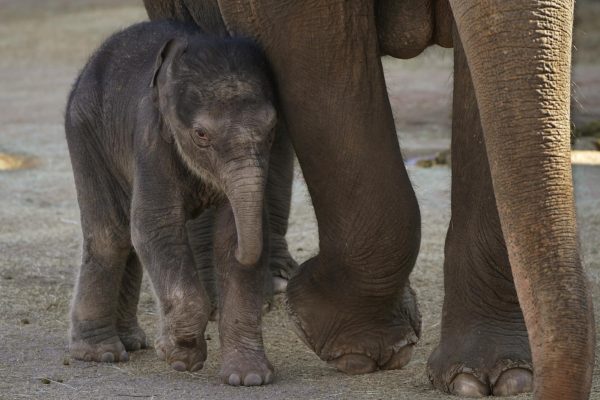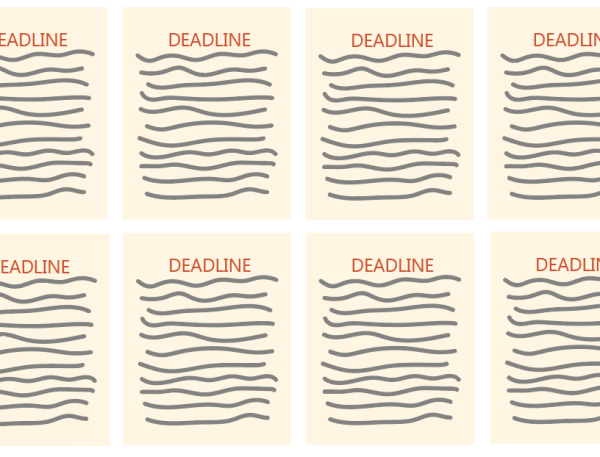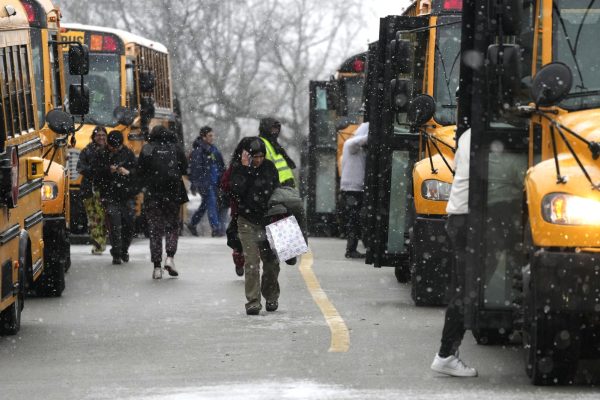Female Athletes Speak out about Unequal Treatment
March 26, 2021
This year, “March Madness” doesn’t just refer to the popular college basketball tournament; the true madness lies in how the NCAA treats its women’s teams.
Last week, Sedona Prince, a University of Oregon forward, posted a video to Instagram depicting the sickening disparities between how women’s and men’s teams are treated. In her video, she showed the single weight rack that her team has access to.
I didn’t understand what the issue was until she entered the men’s training room, which has weight racks triple the size of the women’s, as well as a wide array of other exercise equipment.
After Prince’s video gained popularity, female athletes across the nation began to share their experiences with gender inequality. One of the most popular posts showed the low-quality, pre-packaged meals the women’s teams receive before a tournament, while the men feast from a fully-loaded buffet.
The comparison was shocking. No sports team should be treated that way, regardless of gender.
Social-media bickering began per usual, with ignorant men rushing to the NCAA’s defense. They claimed that because women’s sports aren’t as popular as men’s, the organization doesn’t have enough funding to provide the same quality products.
As much as I hate to say it, these sexist baboons are right, at least in some sense. The NCAA generates over $1 billion from men’s March Madness in a typical year, but it doesn’t turn any profit from women’s.
Here’s where the NCAA’s defenders’ argument falls short: this tremendous funding gap exists for a reason. Men’s basketball is more popular because, as a society, we place more value on anything a man does. When a woman performs the same activity, suddenly it sparks less interest.
This funding issue is a perfect example of the institutionalized misogyny that still plagues our society, but it presents itself in a way that most people don’t even recognize. If we don’t start bringing attention to the flaws in our systems, we will continue to carry these antiquated ideals with us.
Maybe if women’s teams received equal funding and attention from the media, they would begin to rise in popularity and earn more money. You can’t tell me that the NCAA can’t afford to share some of the men’s revenue to start this process.
In a press conference last Friday, the NCAA rightfully issued an apology in regards to Prince’s original video: “We fell short this year in what we’ve been doing to prepare in the last 60 days for 64 teams to be here in San Antonio, and we acknowledge that,” said Lynn Holzman, the NCAA’s vice president of women’s teams.
Although I’m glad that these women received an apology, I can’t help but feel annoyed at the timing of it. Apologies that arrive only after the offender is confronted simply don’t carry as much weight.



